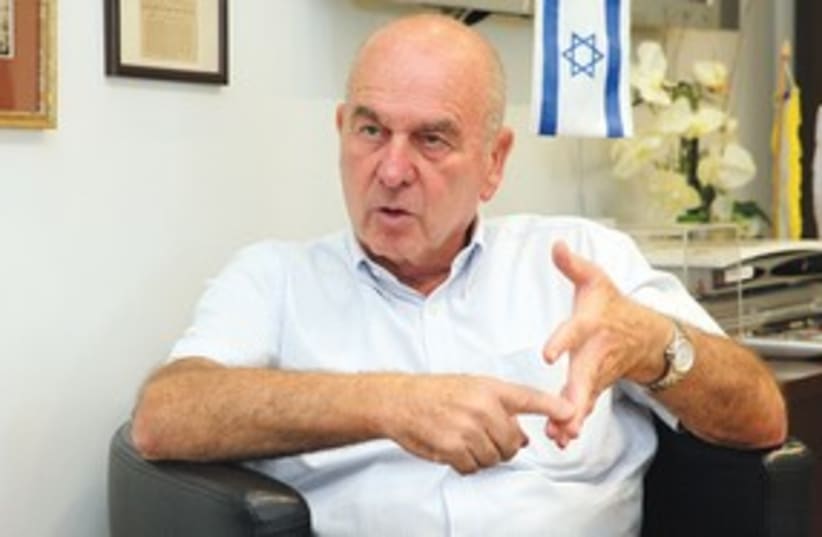RELATED:Opinion: The Gilad Schalit test'Gov't may free 20 killers in exchange for Gilad Schalit' Angeleno launches drive for Schalit billboard near UNTaking a hard political line, Vilna'i said Israel must be willing to make concessions if there is any hope of Schalit returning home. "If we can't [rescue] Schalit," he said, "we must pay the heavy price with the release of murderers in order to bring him home."Vilna'i added that some protests in Schalit's name were actually detrimental to his cause. On Tuesday, Defense Minister Ehud Barak was interrupted several times by a young activist calling for Schalit's release during a speech to families of POWs in Latrun. The activist waved protest signs and shouted at the defense minister that he had buried a solider alive in Gaza, and several families reportedly walked out to protest the removal of the boy from the auditorium.Reacting to the situation, Barak, said that "[this young man] has spoken in great pain, and I recommend to all of us, also in painful moments, not to divide us into those who wish to see Gilad returned home, and those who do not."Such protests, Vilna'i said, actually work against negotiations for the soldier's release.
Vilna'i: 'Even Haniyeh doesn't know where Schalit is'
Homeland Security minister says most of IDF soldier's abductors have died in "unfortunate incidents," some protests harm case for release.

RELATED:Opinion: The Gilad Schalit test'Gov't may free 20 killers in exchange for Gilad Schalit' Angeleno launches drive for Schalit billboard near UNTaking a hard political line, Vilna'i said Israel must be willing to make concessions if there is any hope of Schalit returning home. "If we can't [rescue] Schalit," he said, "we must pay the heavy price with the release of murderers in order to bring him home."Vilna'i added that some protests in Schalit's name were actually detrimental to his cause. On Tuesday, Defense Minister Ehud Barak was interrupted several times by a young activist calling for Schalit's release during a speech to families of POWs in Latrun. The activist waved protest signs and shouted at the defense minister that he had buried a solider alive in Gaza, and several families reportedly walked out to protest the removal of the boy from the auditorium.Reacting to the situation, Barak, said that "[this young man] has spoken in great pain, and I recommend to all of us, also in painful moments, not to divide us into those who wish to see Gilad returned home, and those who do not."Such protests, Vilna'i said, actually work against negotiations for the soldier's release.